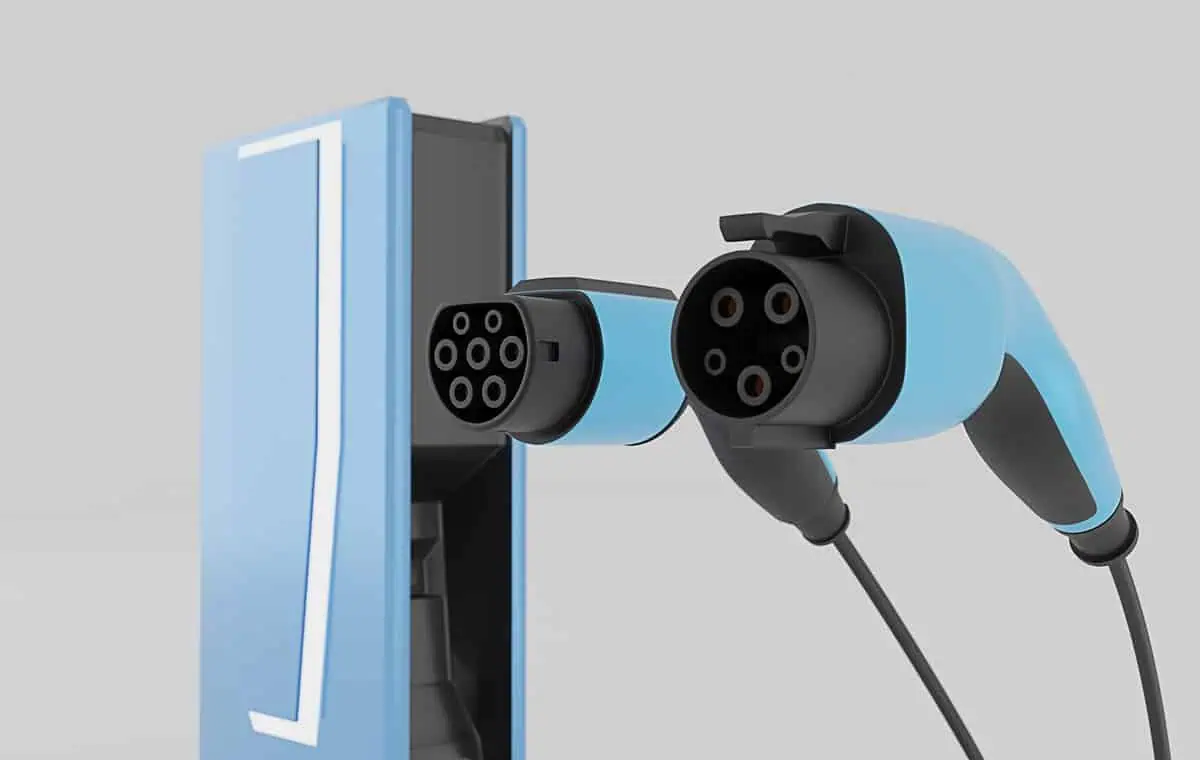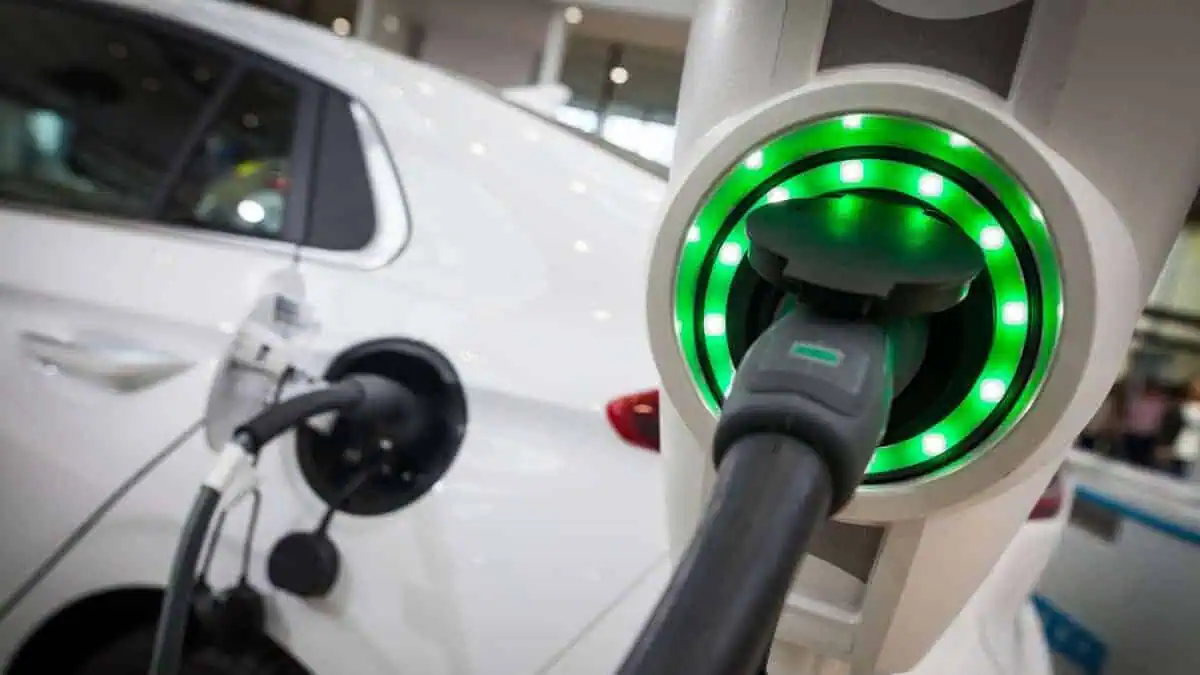Artificial Intelligence advances as a solid solution to some of the common issues in electric vehicle charging: high fixed costs and long waiting times.
In a significant development, a new study from Sweden demonstrated AI’s capability to control electric vehicle charging stations through smart algorithms.
AI personalizes charging station prices for EV owners
Chalmers University of Technology’s research, “Personalized dynamic pricing policy for electric vehicles: Reinforcement learning approach,” has been published in the journal Transportation Research, Part C: Emerging Technologies.
The researchers showed how AI-controlled EV charging stations can enable personalized prices for each owner, which they can choose to accept or reject. As a result, the system can substantially lower charging fees and waiting time.
They employed a mathematical model of the exchange between profit-maximizing fast charging stations and electric car users. The system considers individual factors, including battery level and the EV owner’s current location.
“The electric car drivers can choose to share information with the charging station providers and receive a personal price proposal from a smart charging station. In our study, we could show how rational and self-serving drivers react by only accepting offers that are beneficial to themselves. This leads to both price and waiting times being minimized.”
Balázs Kulcsár, Electrical Engineering Department Professor at Chalmers University of Technology
While EV owners can still opt for the fixed price, the system’s personalized prices are “almost always” cheaper than market prices.
Challenge
Despite the remarkable innovation, the researchers warned that such a system could exploit electric vehicle owners’ data.
The researchers also revealed that the algorithm would sharply increase prices in some cases when the EV batteries were almost completely empty. At that point, the driver had no choice but to accept the personalized price offer.
“Smart charging stations can solve complex pricing in a competitive market, but our study shows that they need to be developed and introduced with privacy protection for consumers, well in line with responsible-ethical AI paradigms.”
Balázs Kulcsár, Electrical Engineering Department Professor at Chalmers University of Technology
So what?
Electric vehicle public charging stations tend to be challenging to navigate. Many providers offer charging solutions, with various payment plans and competition driving constant change. Moreover, some fast-charging stations get overcrowded, and drivers might have to wait a long time to use them.
Therefore, Chalmers University of Technology’s research is seen as a promising avenue for future development in the electric vehicle charging landscape. It delves into a new approach to EV charging with AI technology, potentially leading to innovative solutions that have not yet been considered.






